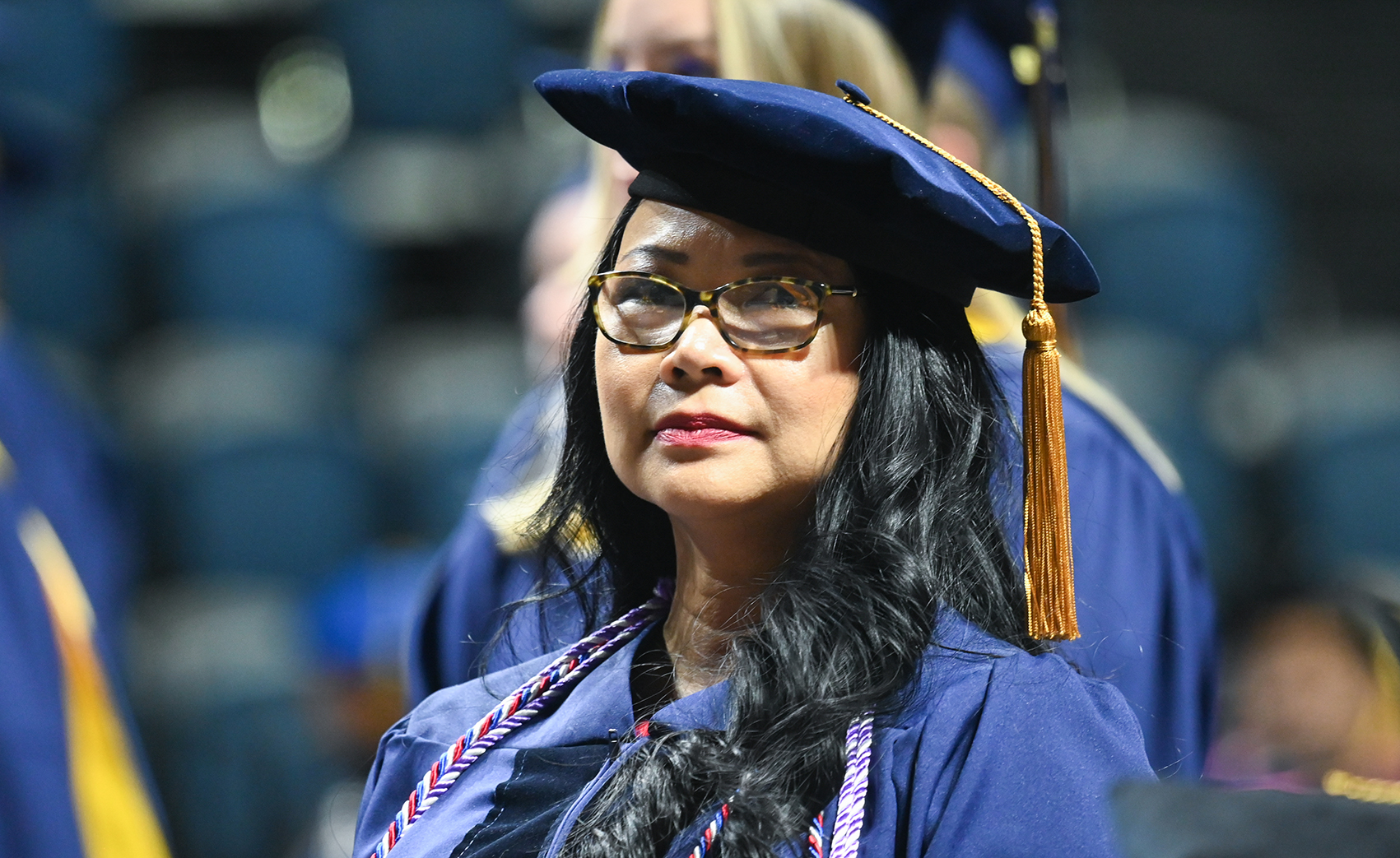Philosophy

The faculty of the School of Nursing at the University of Tennessee at Chattanooga are guided in their interactions with one another, students, and professional colleagues; their approaches to the development and implementation of the curriculum for all academic programs; and their decision-making by a set of beliefs and values that are endorsed by all. Those beliefs and values relate to human beings, society, the environment, health, nurses/nursing, teaching, and learning and are articulated here.
Human Beings
We believe that all human beings are diverse, complex, and multidimensional. They have the capability to learn deliberately; perform actions for survival, health, and wellbeing; reflect thoughtfully; participate in making decisions that affect them.
Society and Environment
We believe that all human beings exist within intersecting social, political, economic, cultural, and legal environments, and those environments influence their health, wellbeing, growth, and development throughout the life cycle. Likewise, humans affect and can change the environment and influence societal norms and practices. The human/environment relationship, therefore, is a reciprocal one.
Health
We believe that health is not merely the absence of disease but the soundness of an individual’s or community’s physical, psychological, interpersonal, and social aspects. We also believe that health is the shared responsibility of the individual and society and is not limited to any one segment of that society.
Nurses/Nursing
We believe that nursing is a scholarly practice that is influenced by knowledge, professional standards, ethical principles, technological advances, and the professional identity of the nurse. Nurses provide evidence-based, individualized, and compassionate care to meet the needs of individuals, families, groups, communities, and populations, or help them meet their own needs. Additionally, we believe that all nurses have a responsibility to function as leaders and scholars, as is appropriate to their level of preparation, in order to ensure quality care, contribute effectively to health care teams, and advance the profession and the practice of nursing.
Teaching and Learning
We believe that nursing education should be learner-centered, innovative, engaging, and provide opportunities for students and teachers to learn from and with each other. Nurse educators use a variety of approaches to help increasingly diverse students take responsibility for their learning and develop a desire for life-long learning. Students will collaborate with educators to gain the knowledge, skills, and personal insights needed to practice effectively; and develop the personal and professional identity needed to implement the generalist role for which they are prepared in a baccalaureate program or the specialist role for which they are prepared in a graduate program.
Approved by Faculty, 02/13/2018